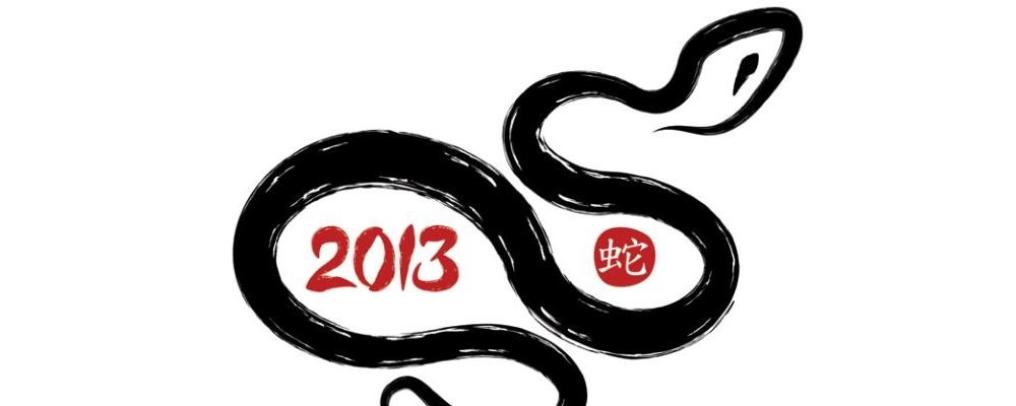
Bribery, corruption and enforcement - Time for tough questions and a sense of urgency
Monday | 7 January 2013
Governments, companies and communities cannot afford to be complacent in the fight against bribery and corruption, argues Mark Taylor FCIS FCS, Director, Boxall Barton Ltd
A hymn to the Greek goddess Athena includes the words: 'You bring folly to the corrupt and a sense of purpose to the pure'. So to what extent do governments, companies and communities have a sense of purpose when tackling corruption today? Before looking at specifics, it is good to pause and consider the corrosive effect of corruption on society. In 2004, the seventh secretary-general of the United Nations, Kofi Annan, described corruption as an 'insidious plague', undermining democracy, posing a major obstacle to poverty alleviation and a threat to human security. In other words, the future for the global economy is bleak unless there is a determined fight against corruption.Governments
Although there are strong statements of intent to fight corruption from many governments around the world, the enforcement statistics relating to the OECD Anti-Bribery Convention are sobering. According to the 2012 progress report by Transparency International, there are only seven countries with 'active enforcement’ to deter foreign bribery. There are 12 countries in the 'moderate enforcement’ category and 18 countries have little or no enforcement. The UK is one of the seven countries classified by Transparency International as having active enforcement. However, the overall picture is not so positive with the enforcement system appearing to be under strain with significant fraud cases on the rise.- The 11th Global Fraud Survey by Ernst & Young (E&Y Global Survey) notes that respondents in Western Europe have experienced a striking rise, with twice as many respondents as before suffering a significant fraud.
- The UK's Serious Fraud Office (SFO) is trying to manage a budget cut – media reports refer to a budget reduction from £52 million in 2008 to £32 million in 2012. The OECD has recently expressed concern that cuts could seriously hamper pursuit of complex fraud and corruptions cases.
- The latest figure from the UK's National Fraud Authority (see its Annual Fraud Indicator – March 2012) puts losses from fraud at £73 billion per annum. This figure puts the SFO's £50 million of assets recovered for 2011/ 2012 in context.
- UK businesses are taking risks in compliance with the UK Bribery Act. According to a recent research report from FTI Consulting, 31% of business people believe the Bribery Act exists mainly for appearances sake and to provide ethical guidelines.
- The OECD is looking for a zero tolerance stance to facilitation payments, but the SFO will only prosecute facilitation payments 'if on the evidence there is a realistic prospect of conviction’ which suggests that complex facilitation cases with uncertain outcomes will be dropped.
- Government commitment. The Ministry of Justice website reminds us that, 'Treating economic crime more seriously and taking steps to combat it more effectively are key commitments in the coalition agreement.’
- The Bribery Act 2010 came into force on 1 July 2011 and should result in a greater number of successful prosecutions. Whistleblowers can obtain some protection from dismissal or disciplinary proceedings under the Public Interest Disclosure Act 1988.
- New enforcement tools. Recent amendments to the Crime and Courts Bill, currently making its way through Parliament, include the planned introduction of 'deferred prosecution agreements', known as DPAs. These will result in some organisations being called to account without the time and expense associated with a criminal trial. Under the scrutiny of the judiciary, the DPAs will set out financial penalties, terms of reparation to victims, repayment of profits and measures to prevent future offending.
- The Financial Services Authority issued a guidance document (Financial crime – a guide to firms) on 1 November 2012. This document runs to 69 pages and spells out good practice in relation to anti-bribery and corruption controls. Good practice includes regular review of procedures; independent


